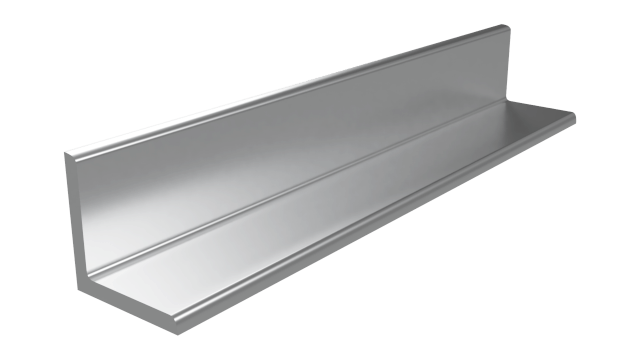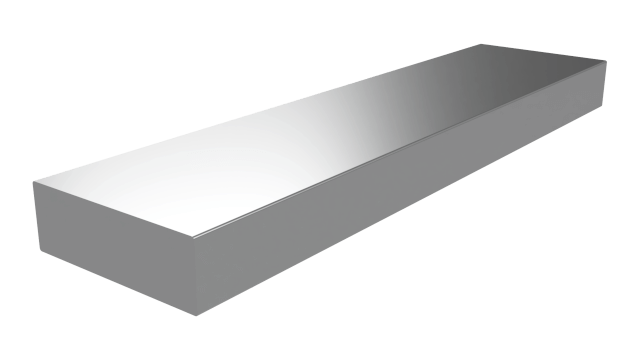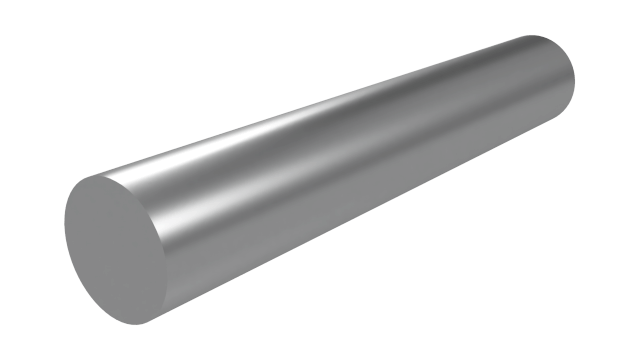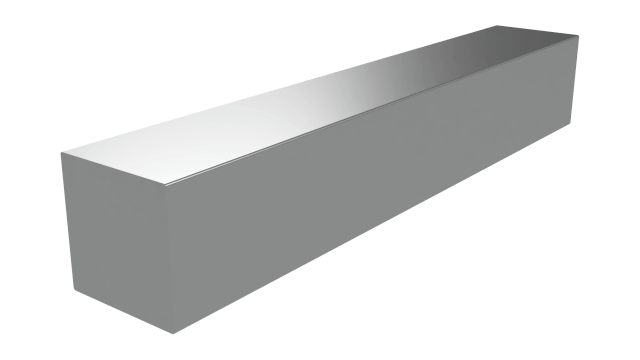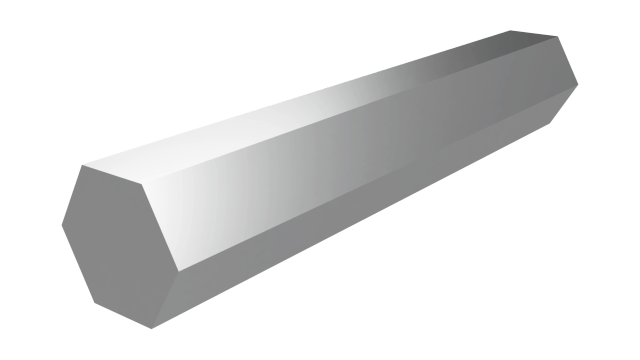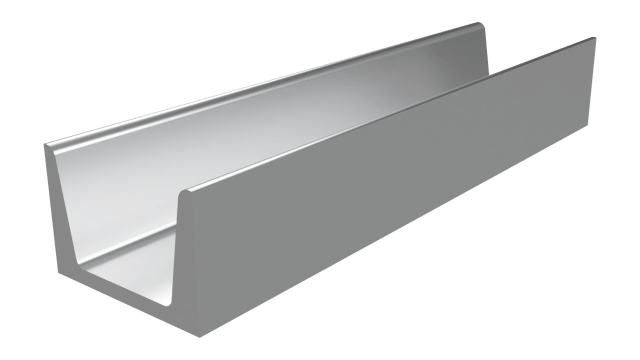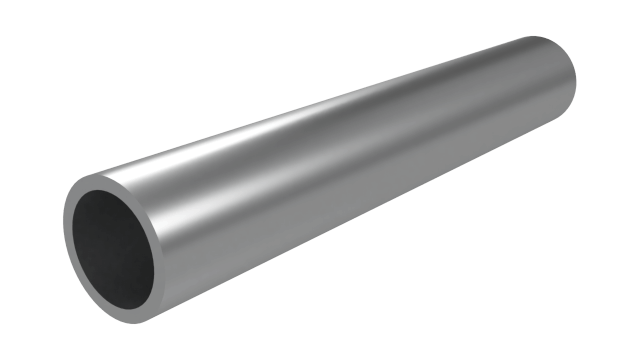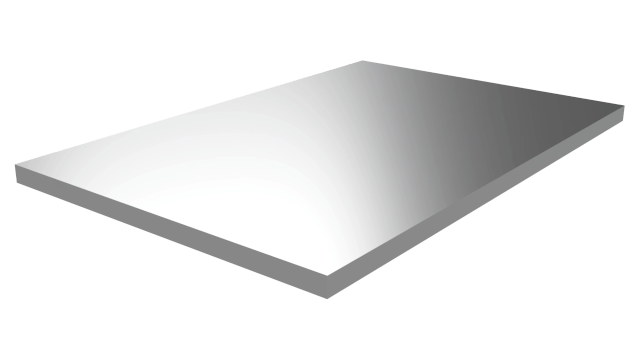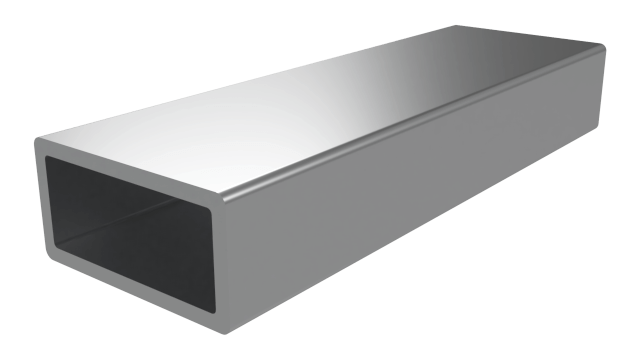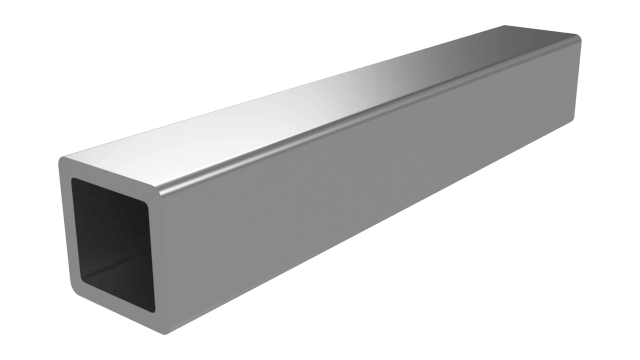Aluminum
In today's dynamic and fast-paced world, the pursuit of lightweight materials that offer strength, versatility, and sustainability has become paramount. Among these materials, aluminum stands out as a shining example. This exceptional metal has brought about a revolution across industries, ranging from transportation and construction to packaging and electronics. Let's embark on an exploration of the captivating realm of aluminum and unravel the reasons behind its ascendancy as the lightweight champion of modern materials.
Aluminum, the third most abundant element found in Earth's crust, is readily accessible for industrial applications. Derived from bauxite ore through a meticulous refining process, aluminum boasts remarkable attributes that render it suitable for a diverse array of uses. One of its most notable features is its innate lightweight nature. With a density merely one-third that of steel, aluminum boasts an impressive strength-to-weight ratio, rendering it an attractive choice for sectors where weight reduction plays a pivotal role.
The transportation sector has reaped substantial benefits from aluminum's lightweight characteristics. In automotive manufacturing, the integration of aluminum components has led to considerable reductions in vehicle weight. This, in turn, translates to enhanced fuel efficiency and reduced emissions, aligning automobiles with environmentally friendly principles. Moreover, aluminum's robust resistance to corrosion ensures the enduring quality of automotive parts, curbing maintenance expenses and augmenting overall longevity.
Aerospace represents yet another realm where aluminum shines with unparalleled brilliance. The aerospace industry demands materials capable of withstanding extreme conditions while minimizing weight. Aluminum's exceptional strength, coupled with its low density, positions it as a premier choice for crafting aircraft structures, encompassing fuselages, wings, and interior elements. By harnessing aluminum's potential, aerospace engineers can attain heightened fuel efficiency and payload capacity, thereby fostering cost-effective and ecologically sound air travel.
Aluminum's versatility extends beyond the confines of transportation. In the domain of construction, it has solidified its status as a cornerstone material owing to its lightweight nature, resilience, and resistance to corrosion. From window frames and roofing panels to foundational components and facades, aluminum presents architects and builders with a dependable and sustainable option. Its malleability facilitates intricate designs and streamlined fabrication, while its capacity to endure harsh climatic conditions ensures the longevity of architectural structures.
The packaging industry, too, has borne witness to the merits of aluminum. Aluminum cans have emerged as the preferred choice for beverages due to their lightweight attributes, portability, and impeccable sealing capabilities. These cans not only safeguard the flavor and quality of their contents but also represent an environmentally conscious alternative. Aluminum stands as an infinitely recyclable material, retaining its properties even through multiple recycling cycles, thereby constituting an environmentally sustainable choice for packaging solutions.
Additionally, aluminum occupies a pivotal role in the electronics sector. Its exceptional thermal and electrical conductivity make it an ideal candidate for heat sinks and electronic components. The lightweight nature of aluminum enables efficient heat dissipation, guaranteeing optimal functioning and prolonged lifespan for electronic devices. Moreover, aluminum's ease of molding into intricate forms facilitates sleek and compact designs in consumer electronics.
Beyond its practical applications, aluminum offers a range of sustainability advantages. Its low energy demands during the refining process, coupled with its recyclability, contribute to a diminished carbon footprint. Aluminum recycling necessitates a mere 5% of the energy required for primary aluminum production, rendering it a resource-efficient and environmentally conscious choice.
In summation, aluminum has unequivocally risen as the preeminent lightweight champion among contemporary materials. Its exceptional amalgamation of strength, versatility, and sustainability has propelled it to the forefront of various industries. From automotive and aerospace to construction and packaging, aluminum's lightweight essence has engendered revolutionary designs, heightened performance standards, and played a pivotal role in nurturing a greener future. As technology advances and sustainability takes center stage, aluminum's role in shaping a more efficient and ecologically friendly world is destined to expand even further.
